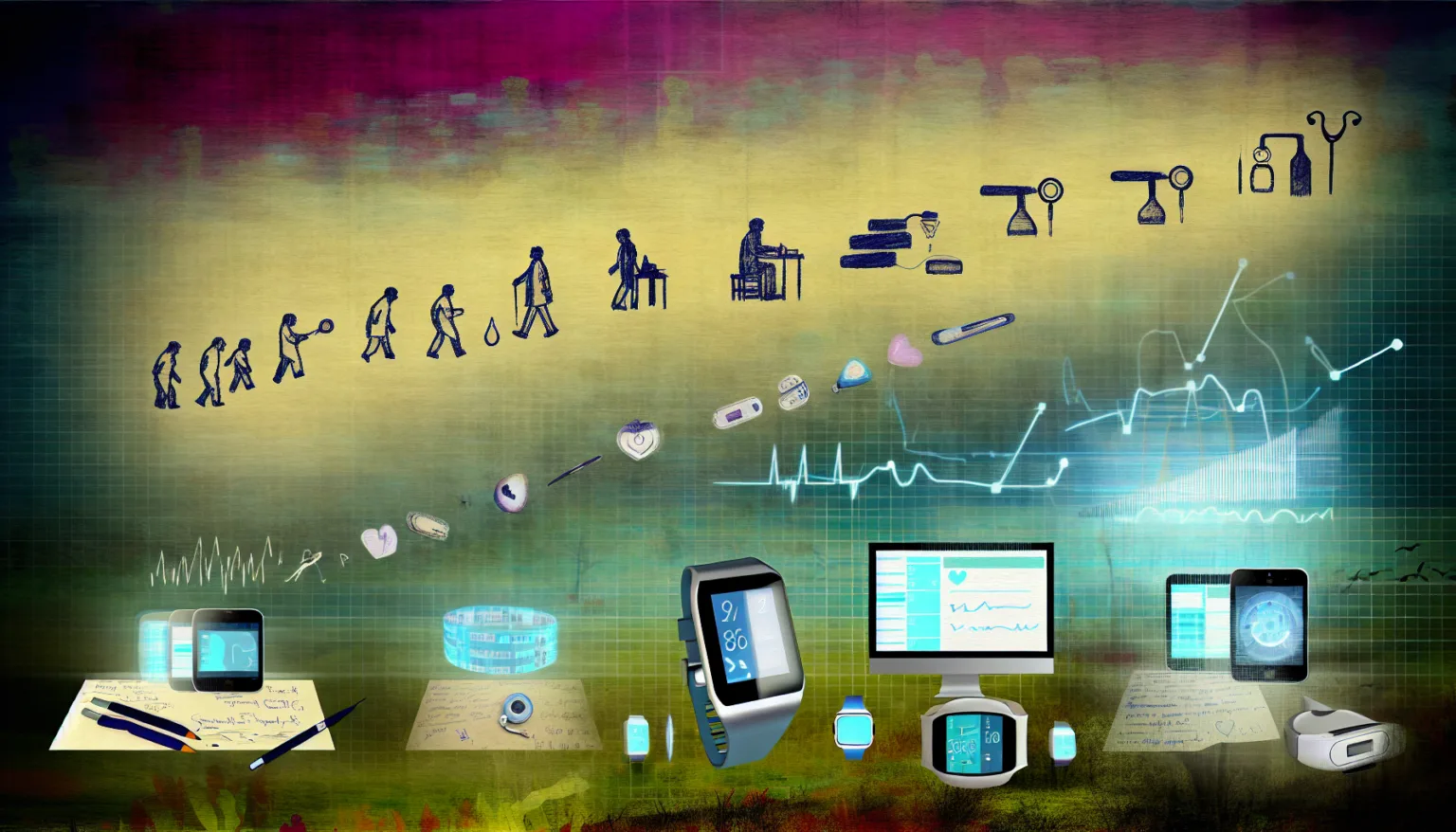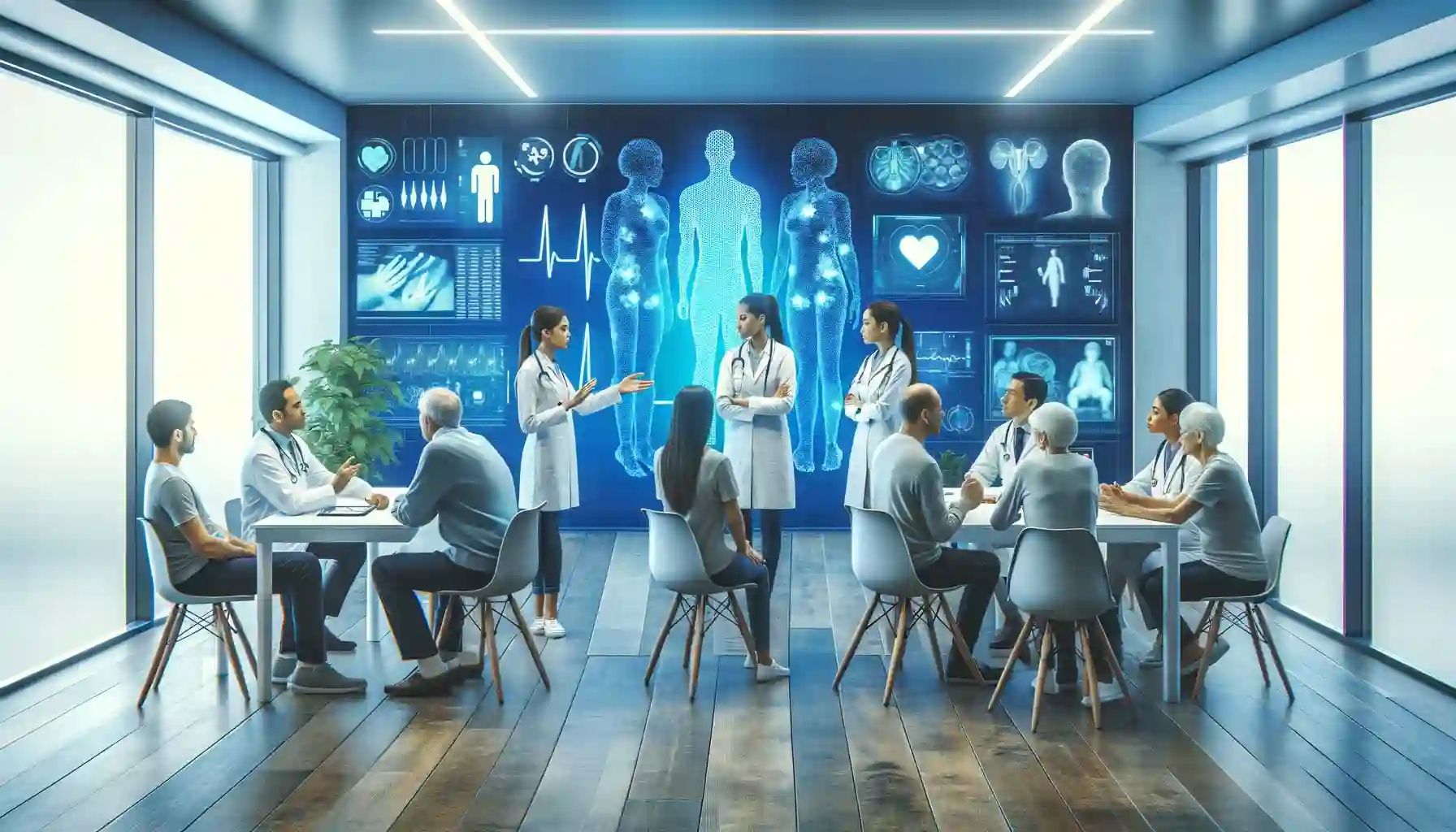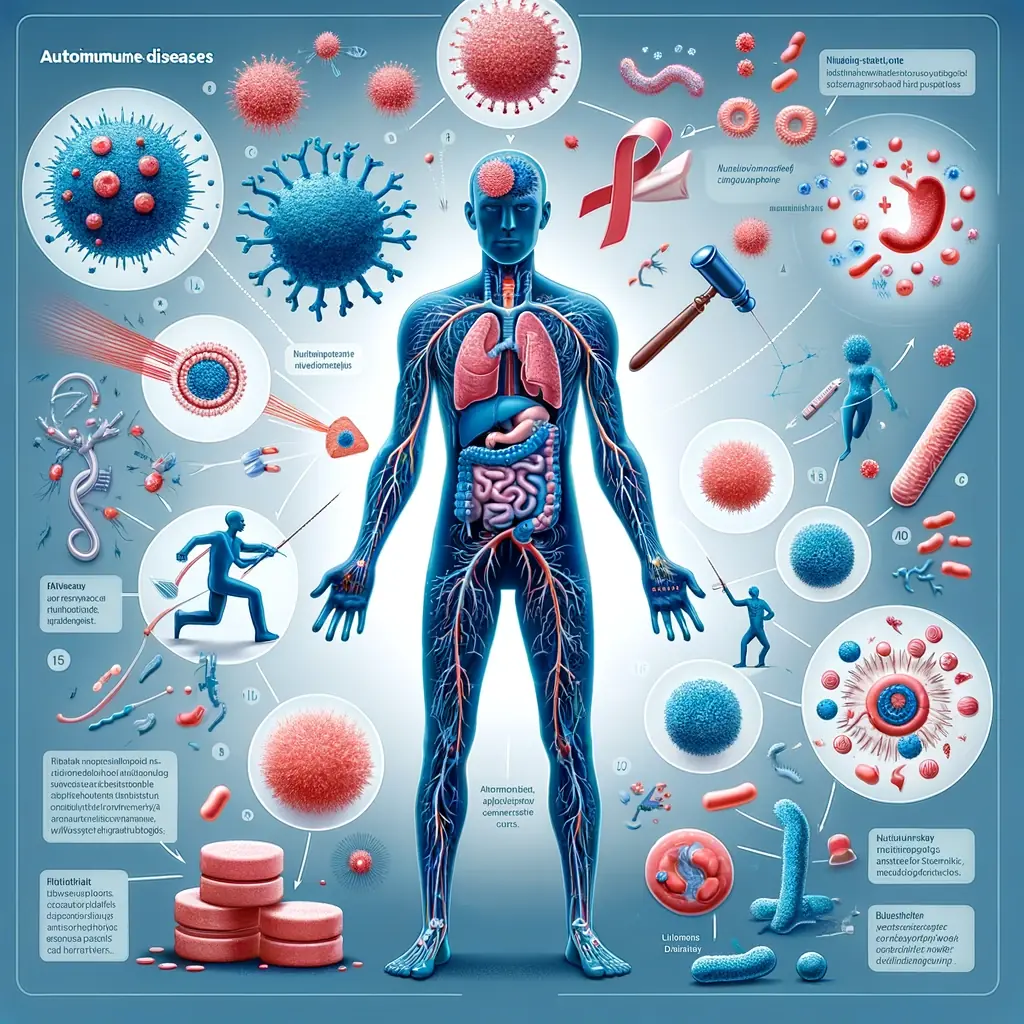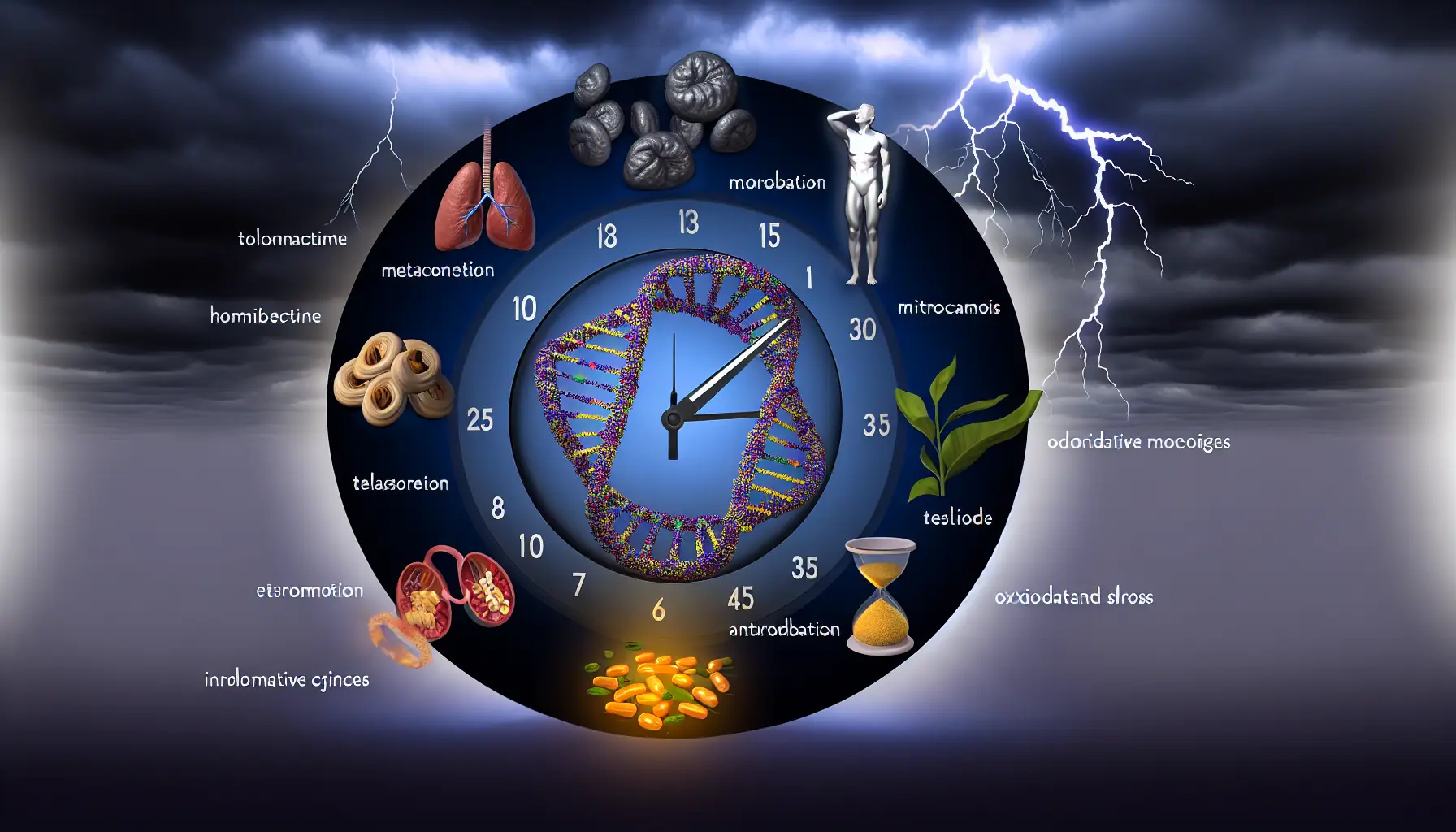
Aging is something we all experience, but it doesn’t have to be a bad thing. This guide will help you understand how your body ages and give you tips for staying healthy and happy as you age.
Table of Contents
You will learn about the science behind aging, the role of genetics, and how a good diet can help. We will also discuss the importance of exercise, mental health, and good sleep.
Preventative healthcare and managing chronic conditions are also covered. By the end, you will have many useful tips and knowledge to age gracefully and healthily.
Aging is a natural process that everyone experiences. But have you ever wondered what happens inside your body as you age? Understanding the science behind aging can help you make informed choices to age gracefully and healthily.
Cells are the building blocks of our body. As we age, the DNA inside our cells begins to change. Telomeres, the protective tips at the ends of chromosomes, shorten each time a cell divides. When they get too short, cells can no longer divide and function properly, leading to the signs of aging.
Our metabolism slows down as we age. Mitochondria, the energy powerhouses within cells, become less efficient, affecting energy levels and overall health. This change can contribute to weight gain and decreased vitality over time.
Hormones play a significant role in aging. With age, levels of important hormones like estrogen, testosterone, and growth hormone decline. These hormonal changes can impact skin elasticity, bone density, and mental well-being.
Chronic inflammation and oxidative stress increase as we age. These factors can damage cells and tissues, accelerating aging and contributing to age-related diseases like arthritis and cardiovascular issues.
Understanding these underlying processes can help you take steps to mitigate their effects. For instance, maintaining a balanced diet rich in antioxidants can help combat oxidative stress. To learn more about how what you eat can impact the aging process, check out our post on a balanced diet. 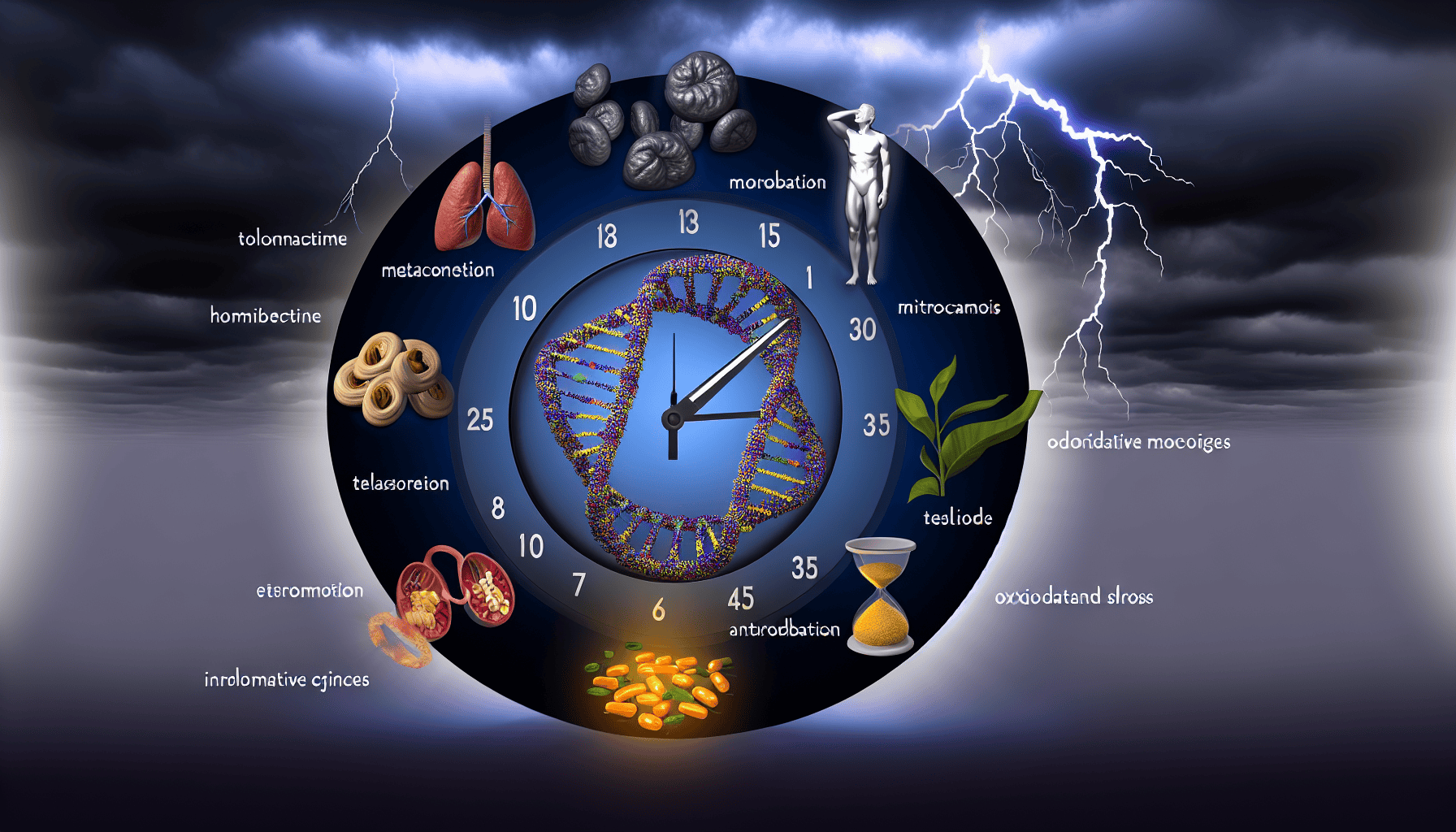
While aging is a universal experience, the rate and manner in which people age can vary significantly. Understanding the interplay between genetics (nature) and lifestyle choices (nurture) can help you tailor your approach to aging gracefully.
Our genetic makeup plays a crucial role in how we age. Here are some key points:
Inherited Traits: Genetics influence many aspects of aging, including the likelihood of developing certain age-related diseases, such as Alzheimer’s, cardiovascular diseases, and osteoporosis.
Longevity Genes: Some individuals inherit what are known as “longevity genes” that can contribute to a longer, healthier life.
Skin Aging: Genetic factors such as elasticity and wrinkle propensity can determine skin properties.
While we can’t change our genetics, we can influence how we age through lifestyle choices. Here’s how nurture plays a role:
Diet and Nutrition: A healthy, balanced diet rich in vitamins and antioxidants can help combat age-related cellular damage.
Physical Activity: Regular exercise has been shown to delay the onset of age-related diseases and improve overall well-being. Learn more about the benefits of a good exercise routine in our post on regular exercise.
Stress Management: Chronic stress can accelerate aging. Adopting stress-reducing techniques such as yoga, meditation, and deep breathing exercises can make a significant difference. For more about managing stress, visit our stress management services page.
Mental Stimulation: Engaging in activities stimulating the brain, such as reading, puzzles, and learning new skills, can protect against cognitive decline.
Epigenetics is a fascinating field that studies how lifestyle and environmental factors can alter gene expression. Changes in epigenetic markers can switch genes on or off, influencing how we age. Positive lifestyle choices can activate genes that promote health and longevity.
While you can’t control your genetic destiny, making informed lifestyle choices can greatly affect your aging process. The interplay between genetics and environment is complex, but understanding it can empower you to take proactive steps for a healthier life.
Regular health check-ups and screenings are essential to managing genetic predispositions effectively. Don’t overlook the importance of preventative healthcare.
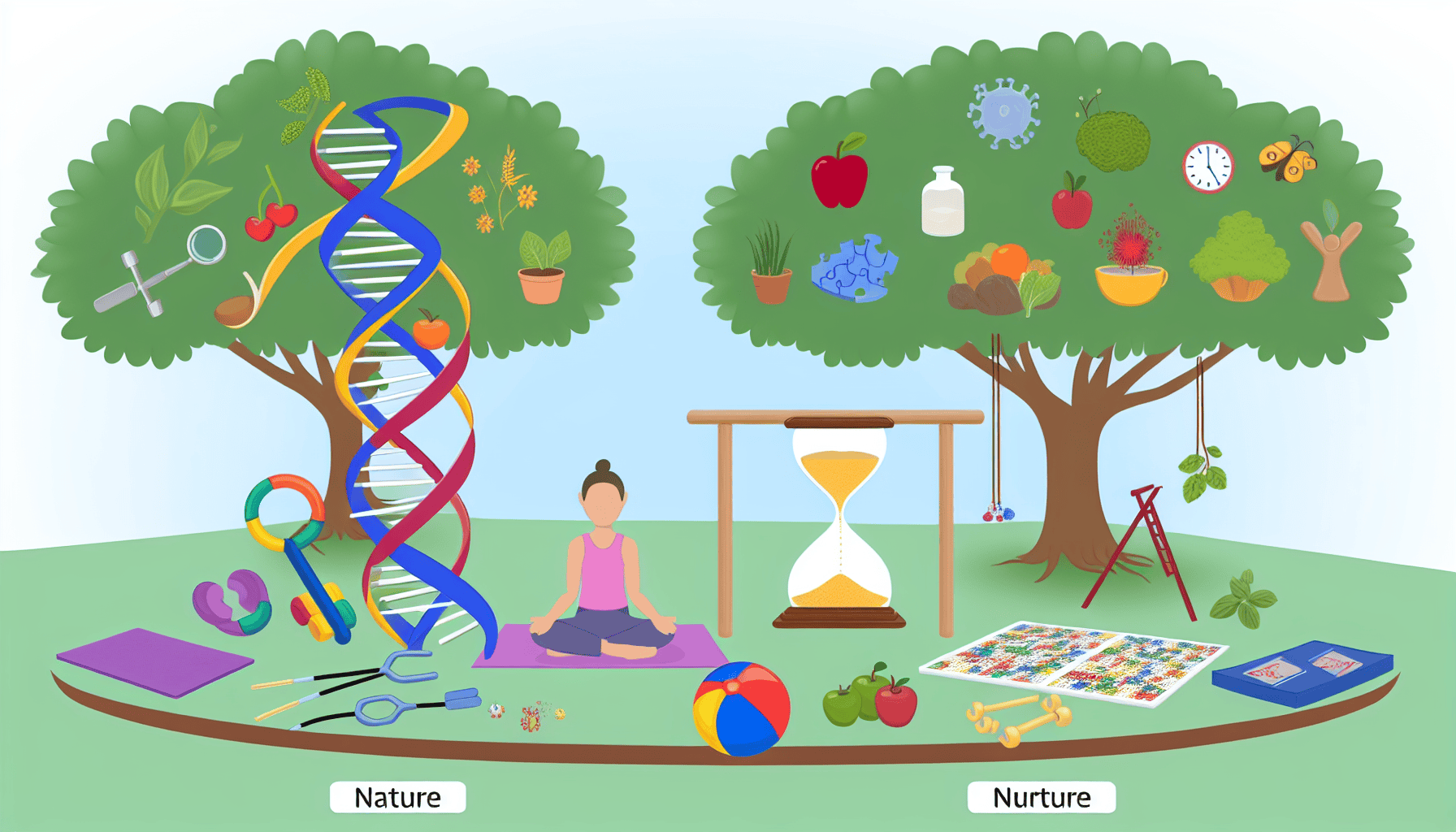
A well-balanced diet is a cornerstone of healthy aging. While genetics set the stage, what you eat is pivotal in your quality of life as you age. Let’s explore the types of foods that can promote longevity and keep you feeling your best.
Antioxidants combat oxidative stress, which accelerates aging and contributes to chronic diseases. Include these foods to boost your antioxidant intake:
Berries: Blueberries, strawberries, and raspberries are packed with antioxidants called flavonoids.
Dark Leafy Greens: Spinach, kale, and collard greens are rich in vitamins A, C, and K, as well as antioxidants.
Nuts and Seeds: Almonds, walnuts, chia seeds, and flaxseeds contain vitamin E and omega-3 fatty acids.
Maintaining muscle mass becomes increasingly important as you age. Protein sources that are rich in essential amino acids can help:
Lean Meats: Chicken and turkey provide high-quality protein without too much fat.
Fish: Salmon, mackerel, and sardines are excellent sources of omega-3 fatty acids, which support cardiovascular health.
Legumes and Beans: Lentils, chickpeas, and black beans offer plant-based protein and fiber.
The vitamins and minerals found in fruits and vegetables are essential for various bodily functions:
Citrus Fruits: Oranges, lemons, and grapefruits offer a high dose of vitamin C for skin health and immune function.
Cruciferous Vegetables: Broccoli, cauliflower, and Brussels sprouts are rich in folate, fiber, and vitamins C and K.
Colorful Veggies: Carrots, bell peppers, and sweet potatoes are high in beta-carotene, which the body converts to vitamin A.
Dietary fiber is crucial for digestive health, and whole grains are an excellent source:
Oats are a great source of soluble fiber that can help lower cholesterol levels.
Whole Wheat: Bread, pasta, and cereals from whole wheat provide sustained energy and additional fiber.
Quinoa: A complete grain that offers all nine essential amino acids.
Incorporating various nutrient-dense foods can offer numerous health benefits and help you age gracefully. For personalized advice, consider our nutrition counseling services.
Remember, consistency in healthy eating habits can make a long-term difference. Regular assessments and updated dietary plans can further enhance your efforts. For more comprehensive guidelines on nutritional needs for older adults, check out resources by the National Institute on Aging.

Physical activity is not just about staying fit; it is crucial to how well we age. Exercise can help maintain muscle mass, improve balance, and enhance mental health, making it an essential part of a healthy aging plan.
Engaging in regular physical activity offers numerous benefits, including:
Improved Cardiovascular Health: Exercise can help lower blood pressure and reduce the risk of heart disease.
Enhanced Muscle Strength: Resistance and strength training exercises can help maintain and even build muscle mass, which often declines with age.
Better Bone Density: Weight-bearing exercises like walking and jogging can improve bone density, reducing the risk of osteoporosis.
Mental Health Boost: Physical activity can release endorphins, reduce stress, and promote a positive mood. Learn more about the positive mental impacts of exercise in our post on mental well-being.
Incorporating a mix of different types of exercises can help you reap the full range of benefits:
Aerobic Exercise: Walking, swimming, and cycling can improve cardiovascular health and endurance.
Strength Training: Lifting weights or resistance bands can help maintain muscle mass and strength.
Flexibility Exercises: Yoga and stretching can enhance flexibility, reduce stiffness, and improve balance.
Balance and Stability Exercises: Tai chi and Pilates can help prevent falls by improving balance and core strength.
Starting an exercise routine can be daunting, but starting slowly and gradually increasing intensity is important. Here are some tips to get you going:
Consult a Professional: Speak with your healthcare provider or a fitness expert to create a personalized workout plan that suits your needs and limitations.
Set Realistic Goals: Start with small, achievable goals and slowly build your activity level.
Stay Consistent: Regularity is key. Aim for at least 150 minutes of moderate aerobic or 75 minutes of vigorous activity each week, combined with muscle-strengthening exercises on two or more days.
Make it Fun: Choose activities you enjoy to make it more likely you’ll stick with them.
Incorporate as much movement into your day as possible, even if it’s just taking the stairs instead of the elevator.
Check out our lifestyle coaching services for personalized exercise plans tailored to your unique needs.
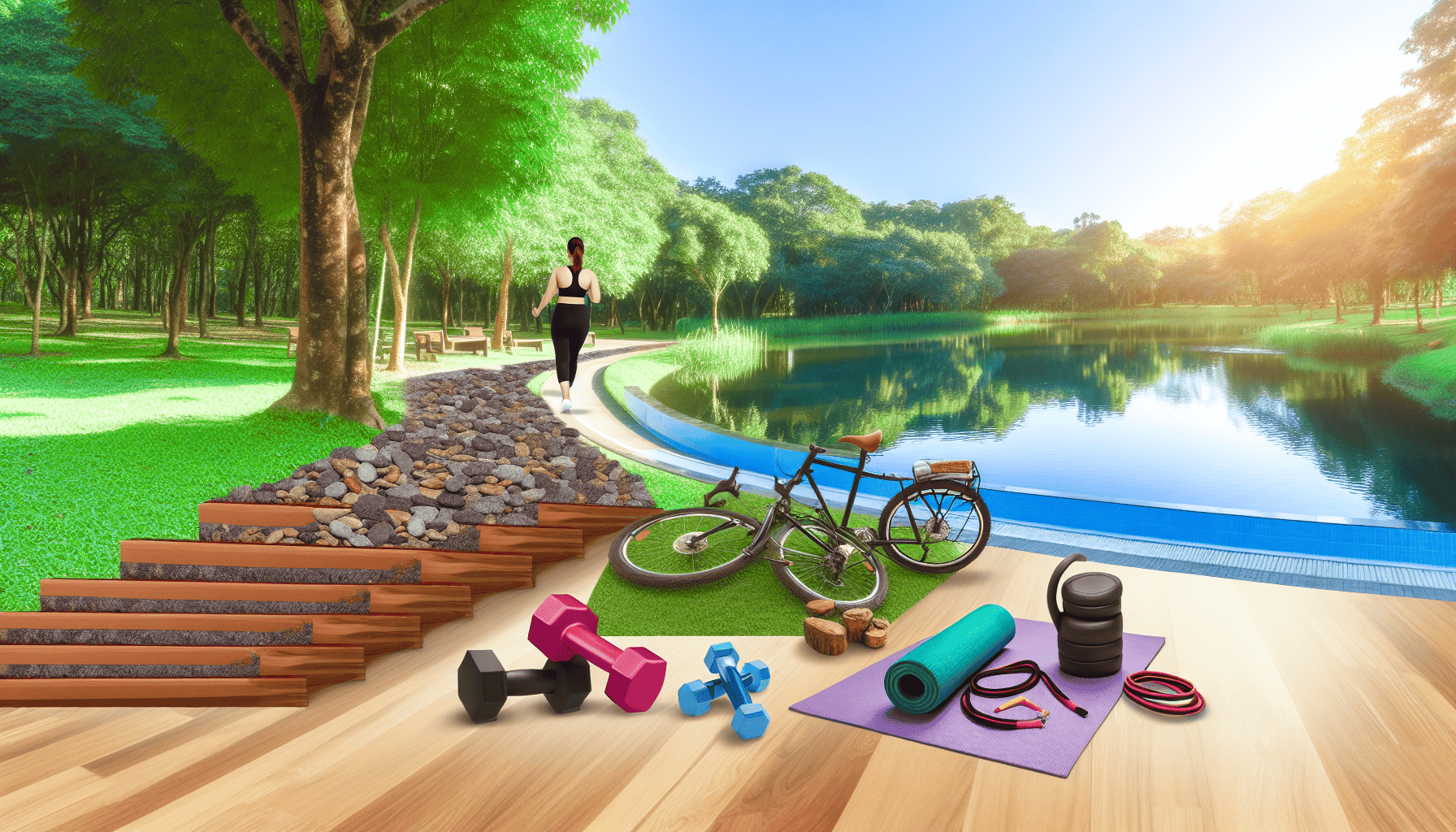
Mental health is an essential component of graceful aging. Cognitive decline and emotional challenges can significantly impact quality of life, making it crucial to address both aspects proactively.
Maintaining cognitive function is vital for independence and quality of life. Here are some strategies to keep your brain sharp:
Mental Stimulation: Engage in activities that challenge your brain, such as puzzles, reading, and learning new skills.
Social Engagement: Staying socially active can help keep your mind engaged and reduce the risk of cognitive decline. Participate in community activities or join clubs to stay connected.
Healthy Lifestyle Choices: Regular exercise, a balanced diet, and proper sleep can all contribute to better cognitive function.
Emotional health is equally important as physical health. Here are some ways to maintain emotional well-being as you age:
Stress Management: Chronic stress can negatively affect both mental and physical health. Meditation, yoga, and deep breathing can help manage stress levels.
Seek Support: If you’re feeling overwhelmed, don’t hesitate to seek professional help. Talking to a mental health professional can provide valuable support and coping strategies.
Engage in Enjoyable Activities: Doing things you love can significantly improve your mood and emotional health. Whether gardening, painting, or spending time with loved ones, make sure to incorporate pleasurable activities into your routine.
Early recognition of cognitive decline can make a significant difference in managing it effectively:
Memory Lapses: Mild forgetfulness can be normal, but if memory issues affect daily life, seeking medical advice is essential.
Confusion: Experiencing confusion or disorientation, especially in familiar places, warrants further investigation.
Difficulty with Complex Tasks: Struggling with tasks that require multiple steps or problem-solving can be an early sign of cognitive issues.
We offer specialized dementia care services to support mental well-being and monitor cognitive health. Monitoring mental health indicators and seeking timely intervention can help promote a happier, healthier aging process.

Sleep is fundamental to overall health, and its role becomes even more critical as we age. Quality sleep can affect everything from cognitive function to physical health, making it a key factor in aging gracefully.
Poor sleep can have a range of negative effects, some of which are particularly pronounced in older adults:
Cognitive Function: Quality sleep promotes better memory, concentration, and problem-solving abilities.
Physical Health: Adequate sleep can help maintain immune function, reduce inflammation, and support heart health.
Emotional Well-being: Poor sleep is linked to mood disorders such as depression and anxiety, impacting emotional health.
Several factors can affect sleep quality as we age:
Insomnia: Difficulty falling or staying asleep is common and can be related to various factors, including stress, anxiety, or underlying health conditions.
Sleep Apnea: This condition, characterized by interrupted breathing during sleep, is more prevalent in older adults and can severely impact sleep quality.
Restless Legs Syndrome: This neurological condition can make it difficult to get restful sleep due to an uncomfortable urge to move the legs.
Improving sleep quality can have a profound impact on aging well:
Establish a Routine: Go to bed and wake up simultaneously daily to regulate your body’s internal clock.
Create a Sleep-Friendly Environment: Keep your bedroom calm, dark, and quiet. Consider using blackout curtains and earplugs if necessary.
Limit Stimulants: Reduce caffeine and nicotine intake, especially close to bedtime.
Stay Active: Regular physical activity can help you fall asleep faster and enjoy deeper sleep. However, avoid vigorous exercise close to bedtime.
Limit Screen Time: Avoid screens at least an hour before bed. The blue light emitted by phones and computers can disrupt your sleep cycle.
If you struggle with sleep despite these tips, it may be time to seek professional help. Sleep studies and consultations with sleep specialists can provide a deeper understanding of the underlying issues and effective treatments.

Preventative healthcare is essential for catching potential health issues early and managing them effectively. Regular check-ups and screenings can make a significant difference in maintaining one’s quality of life as one ages.
Routine medical examinations are a cornerstone of preventative healthcare:
Early Detection: Regular check-ups can help catch conditions like hypertension, diabetes, and high cholesterol before they become severe.
Personalized Health Advice: During these visits, you can receive tailored advice based on your unique health profile, including lifestyle modifications and medication adjustments.
Vaccinations and Boosters: Older adults must stay up-to-date on immunizations, such as flu shots and pneumonia vaccines, to prevent serious illnesses.
Certain health screenings are critical as you age:
Blood Pressure Checks: High blood pressure often has no symptoms but can lead to serious health issues like heart disease and stroke.
Cholesterol Testing: Monitoring cholesterol levels can help prevent cardiovascular problems.
Cancer Screenings: Regular screenings for colorectal, breast, and prostate cancers are crucial for early detection and successful treatment.
Bone Density Tests: These tests can identify osteoporosis early, allowing for interventions to strengthen bones and reduce fracture risk.
Being proactive about your health doesn’t have to be overwhelming. Here are some tips:
Schedule Routine Appointments: Make it a habit to see your primary care physician regularly for check-ups.
Follow Medical Advice: Adhere to your healthcare provider’s recommendations, including dietary changes, exercise, and medication.
Keep Track of Your Health: Maintain a health journal to note any changes in your symptoms, medications, or overall health. This can be useful during doctor visits.
Maintaining regular check-ups and screenings is a simple yet powerful way to ensure you’re on the right track to aging gracefully.
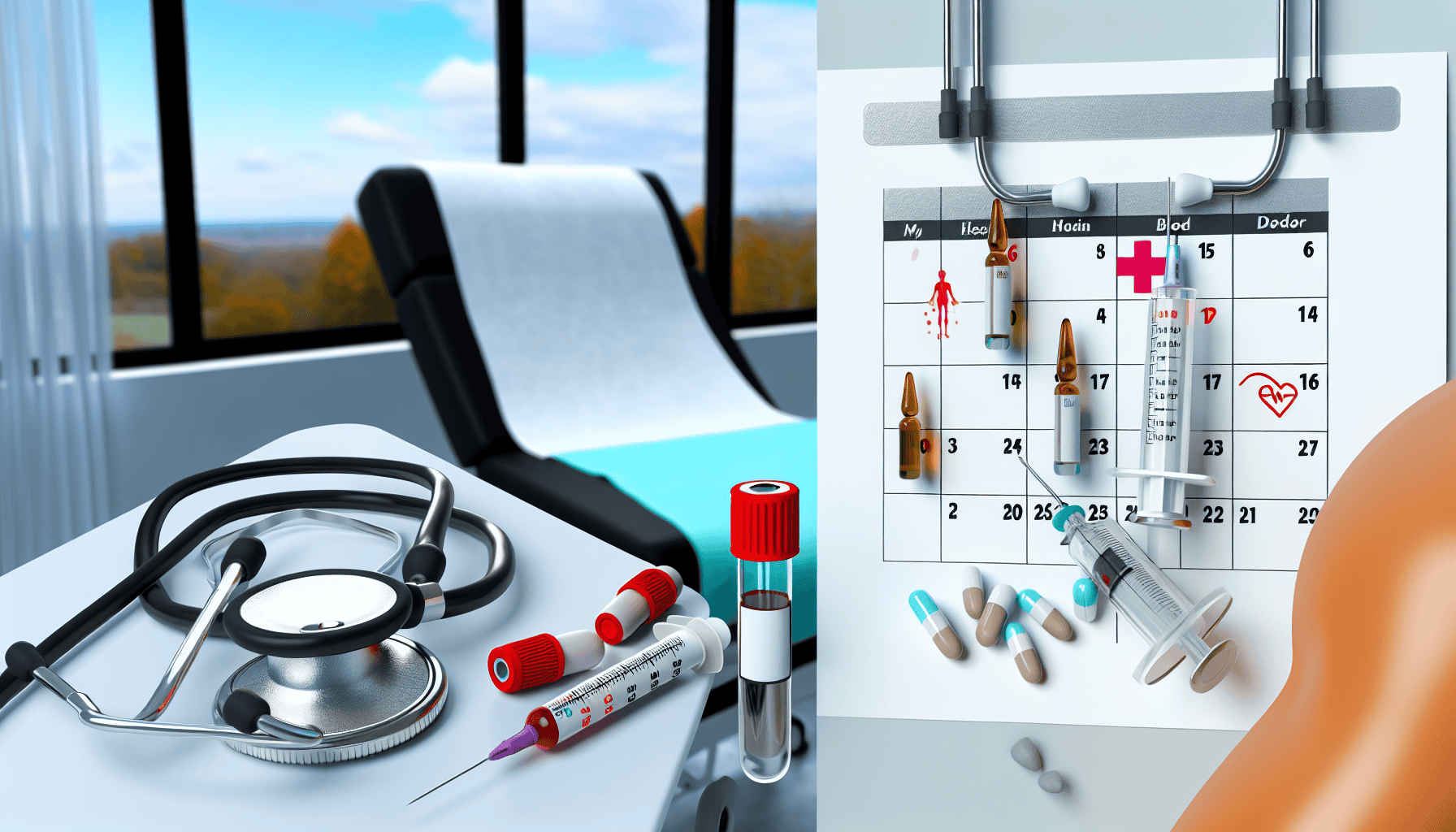
Chronic conditions such as diabetes, heart disease, and arthritis become more common with age. Managing these conditions effectively is vital for maintaining a good quality of life as you age.
Chronic conditions are long-lasting and often require ongoing medical attention and lifestyle adjustments:
Diabetes: Managing blood sugar levels through diet, exercise, and medication is essential.
Arthritis: Pain management, physical therapy, and regular exercise can alleviate symptoms and improve mobility.
Here are some practical tips to help manage chronic conditions more effectively:
Medication Adherence: Take medications as prescribed by your healthcare provider. Use pill organizers or set reminders to help you stay on track.
Healthy Lifestyle: Adopt a balanced diet, regular exercise, and adequate sleep. A healthy lifestyle can improve your overall well-being and help manage symptoms.
Regular Monitoring: Monitor your condition by checking relevant health metrics regularly. For example, monitor blood sugar for diabetes or blood pressure for heart disease.
Pain Management: Use over-the-counter pain relievers as needed and explore alternative pain management techniques such as acupuncture or massage.
Seek Support: Join support groups or work with a healthcare professional to develop effective strategies for managing your condition.
Your healthcare provider plays a key role in managing chronic conditions:
Routine Check-ups: Regular visits to your doctor can help monitor your condition and make necessary adjustments to your treatment plan.
Specialist Referrals: Your primary care physician may refer you to specialists, such as cardiologists or endocrinologists, for more targeted care.
Personalized Management Plans: Work with your healthcare provider to develop a personalized plan that addresses your needs and challenges.
Consider our chronic disease management services for comprehensive management of chronic diseases. Our team can provide tailored support to help you navigate the complexities of living with chronic conditions.

Aging is the process of getting older. Your body changes over time.
You can’t stop aging, but you can slow it down by eating well, exercising, and taking care of your mind.
Fruits, vegetables, nuts, and fish help you stay healthy. They have vitamins and antioxidants.
Yes, exercise keeps your body strong. It helps with balance and flexibility, too.
Good sleep helps your memory and mood. It also keeps your body healthy.
Try deep breathing, yoga, or talking to friends. Managing stress helps keep you healthy.
Diabetes, heart disease, and arthritis are common. Regular check-ups help manage them.
They find early signs of problems. Regular check-ups keep you healthy.
Mental health affects how you feel and think. Take care of your mind as well as your body.
Aging can be a positive journey. With the right choices, you can stay healthy and happy. Eat well, exercise, and get good sleep. Take care of your mind and body. Don’t forget regular check-ups and managing chronic conditions.
You have the power to age gracefully. Embrace the journey and live your best life.

